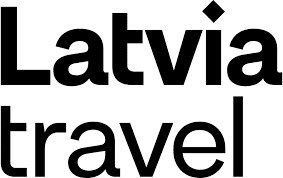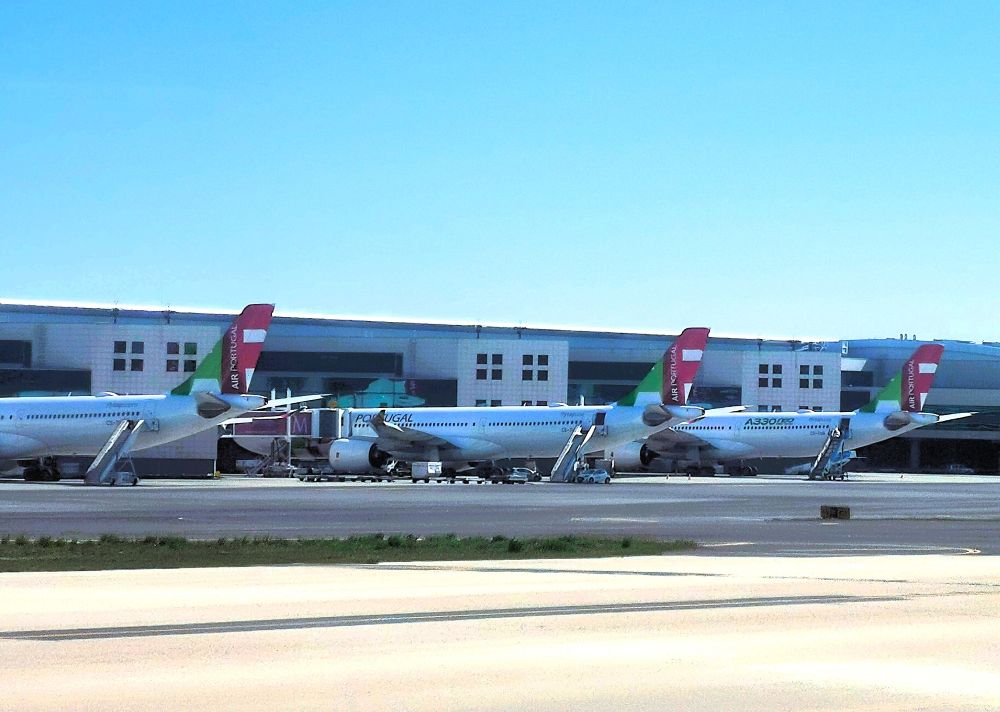Staff shortages post-Brexit could ‘destabilise UK tourism’

Tourism trade association UKinbound claims the Government’s post-Brexit immigration reforms could ‘severely destabilise’ the UK’s tourism industry, which contributes £145 billion to the economy.
It says research by Canterbury Christ Church University shows that two out of three businesses fear the reforms could lead to closures.
In a survey carried out as part of the research, 65% of businesses said the refoms could affect their ablity to continue to operate.
Of major concern for the domestic tourism industry is that the reforms will lead to a shortage of low-skilled labour.
Some 71% said the proposals would impact their ability to expand and 75% said they’d find it harder to remain competitive.
The limited domestic labour market is the key reason for the continued need for workers from the EU, they said.
There is also a lack of home-grown talent with foreign-language skills, according to 80% of tour operators and destination management companies, creating an on-going dependency on foreign workers.
However, the Government is proposing to limit work permits to foreign workers earning £30,000 or more, while those working in the hospitality industry typically earn only around £23,000.
Nearly one-third of businesses reported that EU workers made up more than half their workforce.
UKinbound chief executive Joss Croft said: "This timely research shows that the Government must listen to the tourism industry before committing to an immigration system that runs the risk of forcing businesses to close throughout the UK.
"Our tourism industry is vital to the UK economy and EU workers are crucial to ensuring that this success story continues. We have a skills shortage in the UK, caused not least by low levels of language skills and a lack of interest amongst UK nationals in the sector.
"The Government must, as a first step, ensure that language skills are recognised as a key skills shortage and ensure that any future immigration system is rooted in what actually works and not in populist soundbites."
UKinbound and other industry associations are calling for language skills to be added to the occupation shortage list and to be exempt from immigration restrictions and that if any salary threshold is proposed, it be regionally set to take into account lower salaries in key tourism hotspots such as the Lake District, above. They are also calling for quarterly independent reviews to ensure tourism sectors are not adversely affected.
Joe Cobb, chair of the Lake District Hotels Association, said: "In the Lake District, the tourism industry is worth £3 billion to the local economy and supports around 15,000 jobs.
"The industry is massively dependent on non UK employees to make up their workforce as there is a local unemployment rate of approximately 0.9%, and net migration out of Cumbria is around 2,000 people every year.
"We know that approximately 59% of workers in the Lake District are from within the EU, whilst 4% are foreign nationals from outside the EU. If restrictions are placed on employing EU nationals, the industry will be left with a gaping hole with nobody to fill the gap. Since the Referendum, the number of international applicants for jobs has dropped by about 70%."
Have your say Cancel reply
Subscribe/Login to Travel Mole Newsletter
Travel Mole Newsletter is a subscriber only travel trade news publication. If you are receiving this message, simply enter your email address to sign in or register if you are not. In order to display the B2B travel content that meets your business needs, we need to know who are and what are your business needs. ITR is free to our subscribers.








































Airbnb eyes a loyalty program but details remain under wraps
Airlines suspend Madagascar services following unrest and army revolt
Qatar Airways offers flexible payment options for European travellers
Air Mauritius reduces frequencies to Europe and Asia for the holiday season
Major rail disruptions around and in Berlin until early 2026